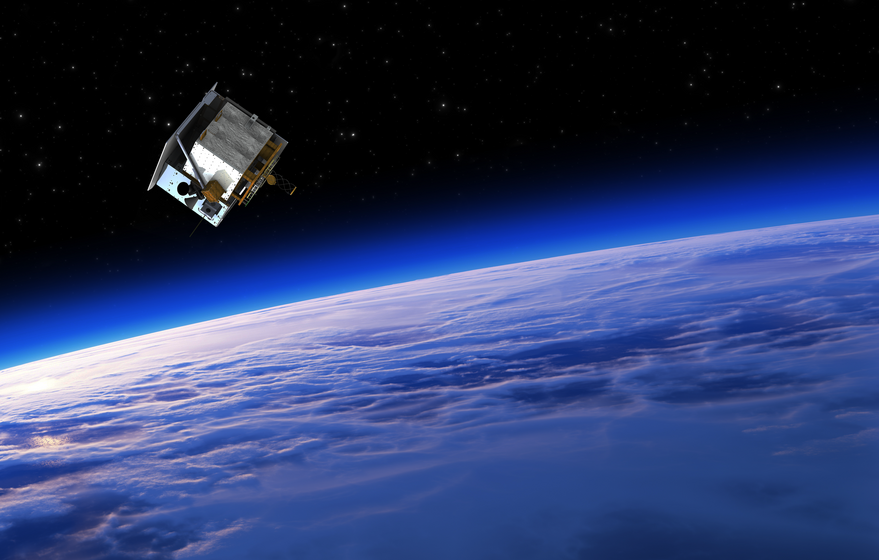Investigations launching aboard SpaceX-29 will help humans go farther and stay longer in space
The SpaceX-29 commercial resupply spacecraft will deliver numerous physical sciences and space biology experiments, along with other cargo, to the International Space Station. The research aboard this resupply services mission will help researchers learn how humans, and the plants needed to sustain them, can thrive in deep space. The biological and physical sciences investigations headed […]

The SpaceX-29 commercial resupply spacecraft will deliver numerous physical sciences and space biology experiments, along with other cargo, to the International Space Station. The research aboard this resupply services mission will help researchers learn how humans, and the plants needed to sustain them, can thrive in deep space.
The biological and physical sciences investigations headed to the Space Station are:
Plant Water Management-5 and 6 (PWM-5 and 6)
NASA has grown plants on the Space Station even without the help of gravity. But microgravity does present challenges and affects Space Station plants’ ability to receive adequate hydration and nutrition. The Plant Water Management-5 and 6 (PWM-5 and 6) investigation uses the physical properties of fluids, such as surface tension and wetting, as a mechanism to provide hydration and aeration for plants. Results could advance understanding of the physical aspects of fluid flow and inform designs of fluid delivery systems for reduced gravity environments.

Plant Habitat-06 (PH-06)
Plant Habitat-06 investigates whether the spaceflight environment affects the ability of tomato plants to defend themselves against disease-causing microorganisms. The study will investigate whether a hormone called salicylic acid is involved in processes that regulate plant immune system function in microgravity. Results could support the development of strategies to minimize crop loss and low produce quality in future space agricultural settings caused by harmful microbes.
Rodent Research-20 (RR-20)
Extended missions to the Moon and Mars require a critical understanding on the impact of spaceflight to reproductive health for female astronauts. Throughout the course of three shuttle missions, alterations in ovarian function were detected in female mice that could potentially lead to fertility issues. This latest mission to the International Space Station (RR-20) will further probe whether space-flown female mice have temporary or permanent alterations to their reproductive capability and whether dysfunctional hormone signaling is linked with bone loss.
Bacterial Adhesion and Corrosion (BAC)
Polymicrobial Biofilm Growth and Control during Spaceflight, Bacterial Adhesion and Corrosion (BAC) is a joint space biology and physical sciences payload that explores conditions of multi-species biofilms in microgravity. Microorganisms in biofilms can become resistant to traditional cleaning chemicals, leading to contamination of water treatment systems and potential health risks to astronauts. This investigation identifies bacterial genes used during biofilm growth and examines whether these biofilms can corrode stainless steel, in addition to evaluating the effectiveness of silver-based disinfectants.




































